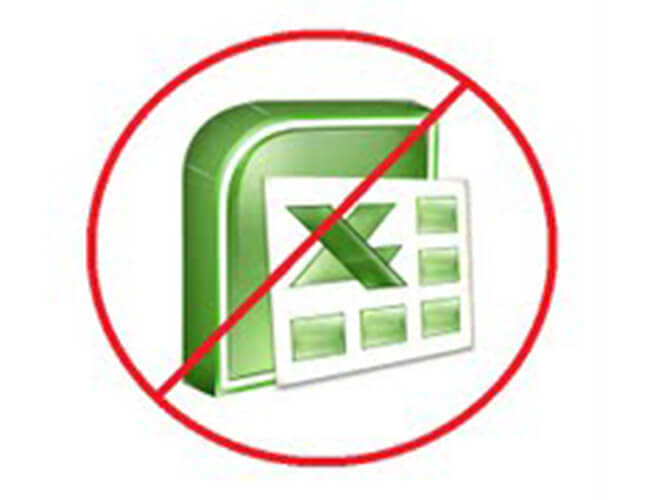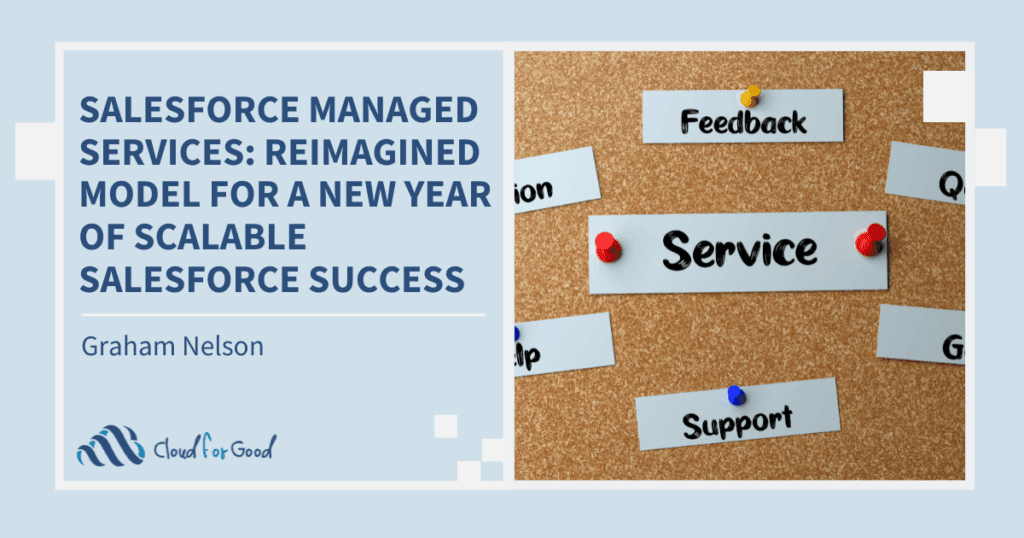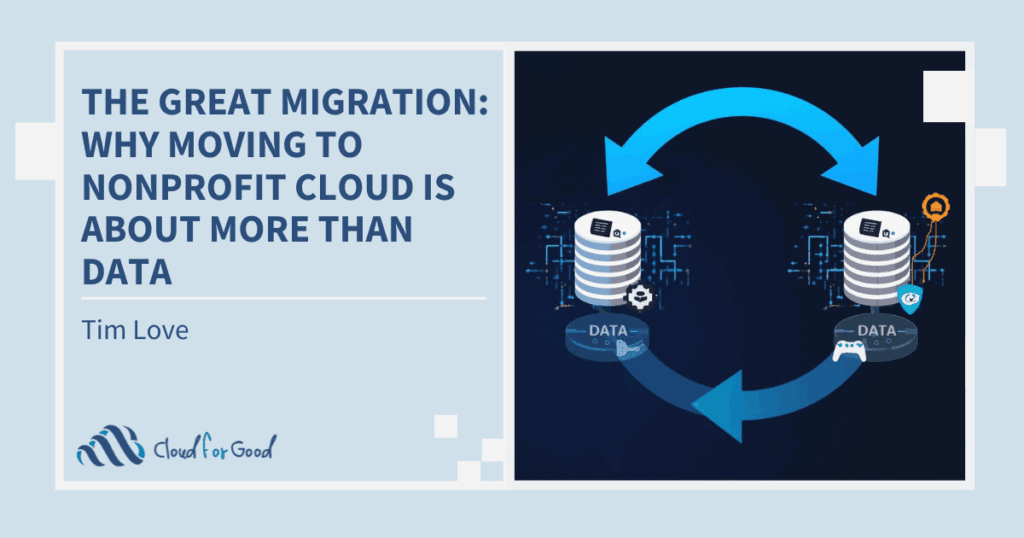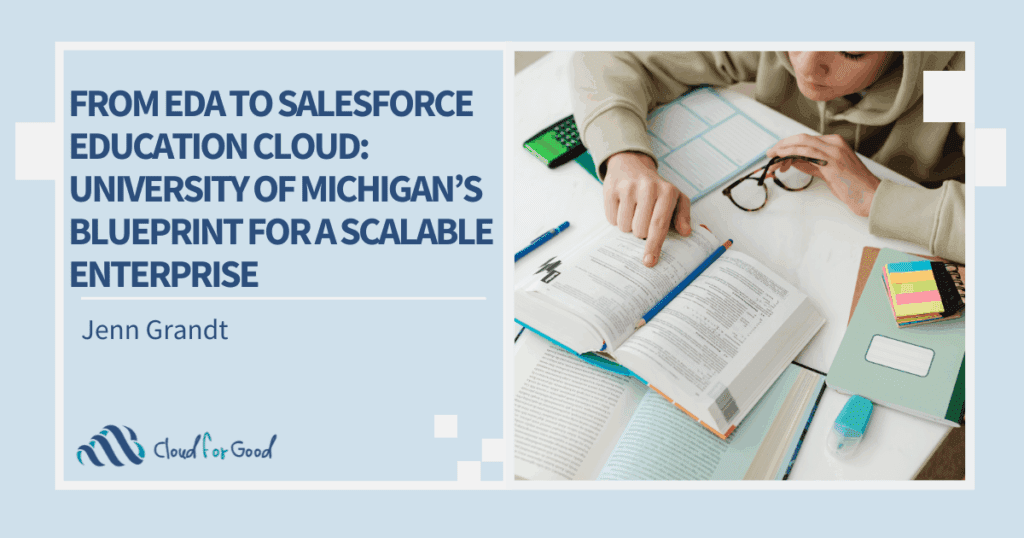Before I founded Cloud for Good I worked for a small nonprofit organization that loved to collect information. When I joined the organization, as a director of resource development, I inherited the organization’s most kept treasure. An Excel spreadsheet with all the donors and foundations we contacted in the past six or seven years, their social interests, who contacted them, when, how much money we asked, how much we received etc… This was (by far!) the largest spreadsheet I have ever seen in my life.
Overall, it seems like spreadsheets can be ideal for manage the organization’s knowledge. The Microsoft Office package is installed on most computers. Additionally, it is a very simple to use tool that we are all familiar with – we can easily create new columns and save. However, do not be tempted. Excel is not a tool to manage and cultivate relationships!
Excel is great with numbers but it is very limited. As a resource developer I could not efficiently track year to year donations or identify that one of our graduates could have been a potential donor. It was a great tool to analyze quantitative information, but it did not enable me to manage relationships between the information I tracked – it is “flat”.
- Yes, you can add more columns to manage the information; however, how many columns will you need to track all the phone calls, emails, and meetings with your donor, volunteer, or student? Not to mention tracking all their donations, preferred days and time to volunteer, and program attendance. This is important information – if you wish to form a relationship with the constituent (or the foundation).
- When your organization collects all the information (just like in my previous organization) the spreadsheet could include thousands of values and become very difficult to manage.
- Your spreadsheet will not support your business process nor will it include workflows and automatic reminders. For example: Excel will not remind you to send a thank you letter every time you receive a donation.
- Reporting in Excel can be very challenging. How would you know who gave last year but not this year and attended one of your programs’ graduation ceremonies?
- And what about security? Everyone who has access to the spreadsheet can make changes and delete anything. You cannot determine who can see all of the information and who can edit specific columns.
Your database is one of the most valuable assets for your organization. A good database is necessary to help you grow and provide better services to the community. It should support the organization’s mission and should be adopted by your entire organization and not only one team. It should be easy to use (you don’t want a system that only one person within your organization can use), flexible (it should evolve with your strategy) and it should support the type of work you do.





